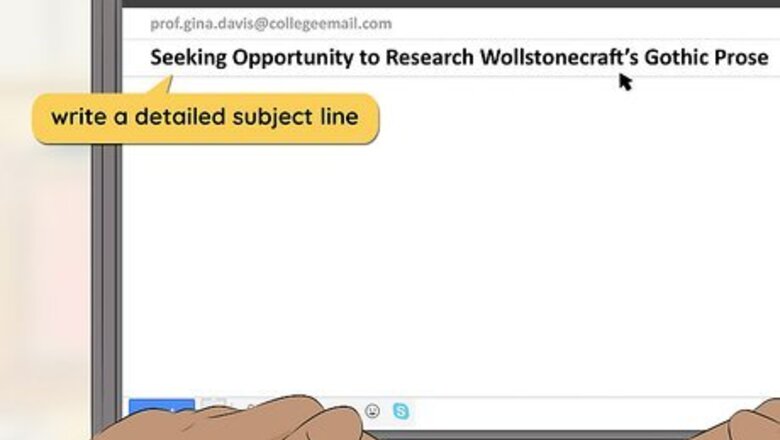
views
Best Practice for Emailing Professors
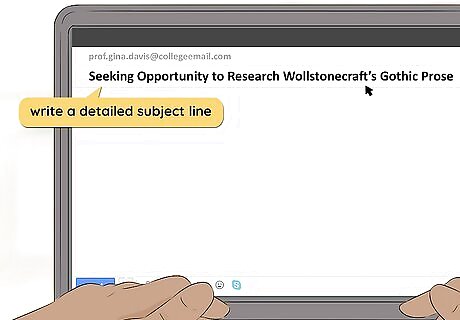
Start with a detailed subject line. Be informative and specific, avoiding vague phrases like “Looking for research mentor.” The subject line should be simple and reflect the content of your email. Here are some examples of a strong email subject line: “Meeting to Discuss Biological Engineering for Targeting Cancer Cells” “Seeking Opportunity to Research Wollstonecraft’s Gothic Prose”
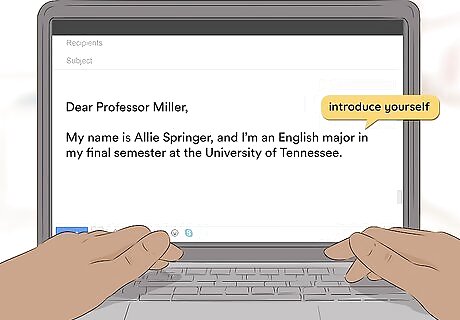
Introduce yourself. State your full preferred name and education level. Even if the professor knows who you are, it’s nice to keep things formal, especially if you’re asking for their research assistance. “My name is Allie Springer, and I’m an English major in my final semester at the University of Tennessee.” “My name is Courtney Chaps, and I am currently a sophomore at MIT.”
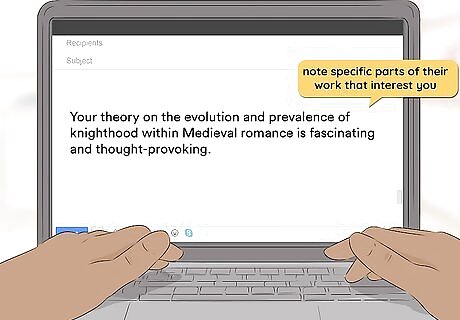
Show you’re familiar with their work. Read up on the professor’s research and academic endeavors before emailing them, and note specific parts that interest you. Browsing the professor’s website and scrolling through their publications are great ways to do this. Try something along the lines of: “I have read several of your articles. Your piece on orangutans in National Geographic opened my eyes to a different perspective I am now exploring in my own work.” “Your theory on the evolution and prevalence of knighthood within Medieval romance is fascinating and thought-provoking.”
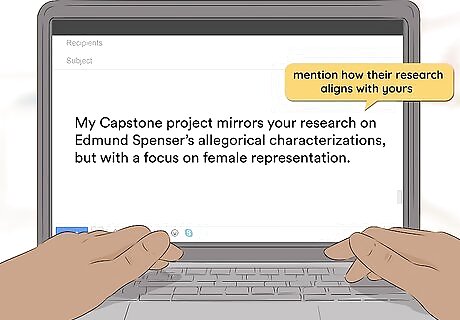
Explain how their research aligns with your goals and passions. This gives you another chance to show how knowledgeable you are about their research while describing your own. Check out these examples: “My Capstone project mirrors your research on Edmund Spenser’s allegorical characterizations, but with a focus on female representation.” “Your emphasis on the cellular properties of viruses interests me the most because of my extensive history in the medical field.”
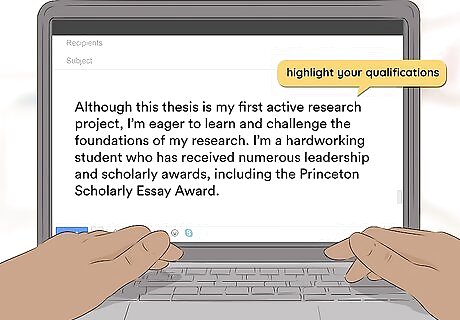
Highlight your qualifications and skills. Think of this as a sales pitch. What makes you stand out from other candidates? List awards, challenging coursework, degrees, and anything else that motivates you to learn. “Although this thesis is my first active research project, I’m eager to learn and challenge the foundations of my research. I’m a hardworking student who has received numerous leadership and scholarly awards, including the Princeton Scholarly Essay Award.” “My first research project focused on leukemia inhibitory factor’s role in cell activation. I have also worked on several experiments related to genetic screening.”
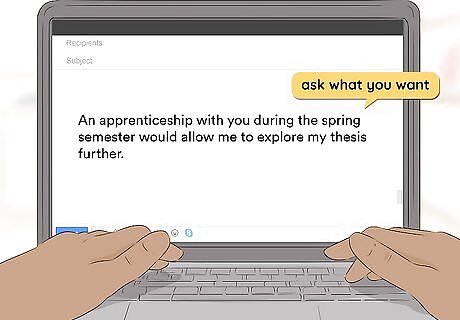
Clearly ask for what you want. State what you're hoping to gain in your correspondence with the professor. If you have to follow a timeline (for instance, if you're only able to work for a particular semester), make sure to mention that. This can be expressed as a question or statement: “An apprenticeship with you during the spring semester would allow me to explore my thesis further.” “Are there any undergraduate research positions available in your lab?”
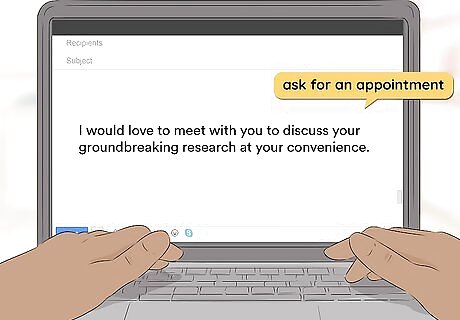
Ask for an appointment or mention you’ll stop by during office hours. Don’t be afraid to set your own boundaries and specify when you’re available. Professors will find this admirable, and will appreciate a heads up if you do plan on stopping by their office. Be specific and make sure to include the timezone when addressing meeting times. “I would love to meet with you to discuss your groundbreaking research at your convenience.” “I am available to meet via Zoom and in-person Mondays through Thursdays from 3 PM to 6 PM PST.”
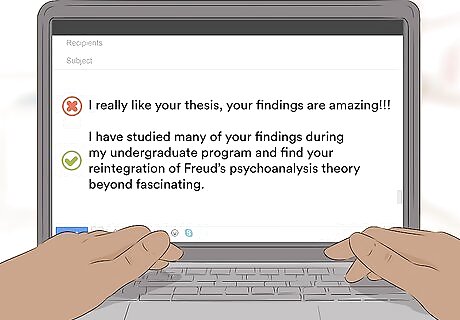
Use a formal tone. Address the professor by their title and surname. When you introduce yourself, avoid openers and slang like “Hi,” “Hey,” or “What’s up.” Stay away from emojis and abbreviations. Keep things professional and chose a formal goodbye as well, like, “Sincerely,” “Best,” and “Thank you for your time.”
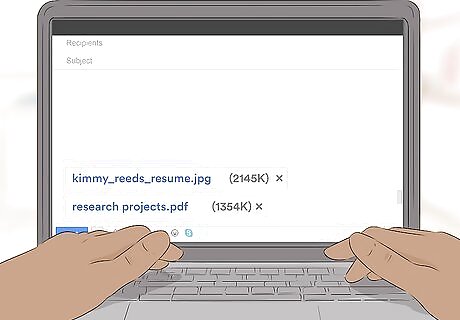
Attach your CV or resume. This way, the professor can learn more about your academic excellence in detail. Make sure the document(s) are up to date and include any and all information/experience relevant to the professor’s research.
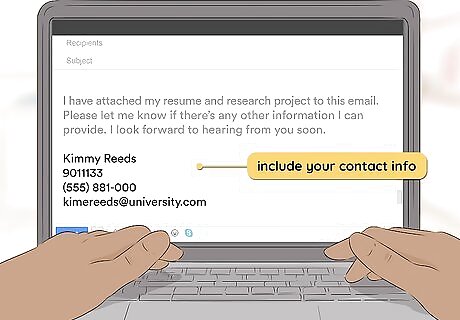
Include your contact information in the signature. Add a phone number and email below your name so that the professor can contact you for a follow-up. If you have a school ID, that may be nice to include too, especially if you're hoping to be added to this professor’s research team or course. Here’s an example for you to follow: “Kimmy Reeds9011133(555) [email protected]”
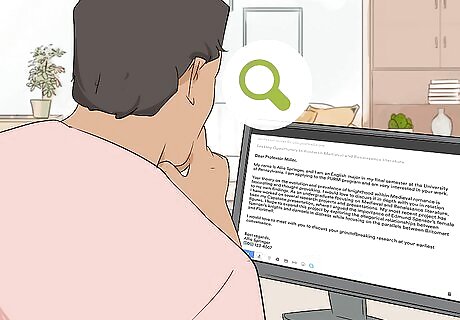
Proofread carefully before sending. Reading your email aloud to yourself or a friend can help you [check for grammar and punctuation mistakes. You can also run the email through an editing software like Grammarly.

Wait for a response. If you don’t get a response in a week, send a follow-up email. Your original email may have gotten lost in their inbox, and sending another shows just how determined you are. Try sending the email during the professor’s office hours for a more timely response.
Sample Emails
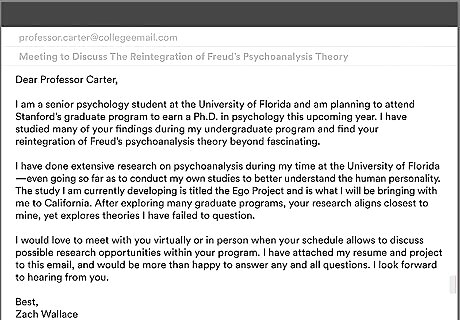
Dear Professor Carter, I am a senior psychology student at the University of Florida and am planning to attend Stanford’s graduate program to earn a Ph.D. in psychology this upcoming year. I have studied many of your findings during my undergraduate program and find your reintegration of Freud’s psychoanalysis theory beyond fascinating. I have done extensive research on psychoanalysis during my time at the University of Florida—even going so far as to conduct my own studies to better understand the human personality. The study I am currently developing is titled the Ego Project and is what I will be bringing with me to California. After exploring many graduate programs, your research aligns closest to mine, yet explores theories I have failed to question.I would love to meet with you virtually or in person when your schedule allows to discuss possible research opportunities within your program. I have attached my resume and project to this email, and would be more than happy to answer any and all questions. I look forward to hearing from you.Best,Zach Wallace(000) 777-8888
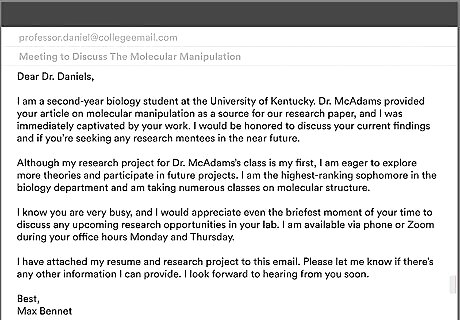
Dear Dr. Daniels, I am a second-year biology student at the University of Kentucky. Dr. McAdams provided your article on molecular manipulation as a source for our research paper, and I was immediately captivated by your work. I would be honored to discuss your current findings and if you’re seeking any research mentees in the near future.Although my research project for Dr. McAdams’s class is my first, I am eager to explore more theories and participate in future projects. I am the highest-ranking sophomore in the biology department and am taking numerous classes on molecular structure.I know you are very busy, and I would appreciate even the briefest moment of your time to discuss any upcoming research opportunities in your lab. I am available via phone or Zoom during your office hours Monday and Thursday.I have attached my resume and research project to this email. Please let me know if there’s any other information I can provide. I look forward to hearing from you soon.Best,Max Bennet(123) 345-0000
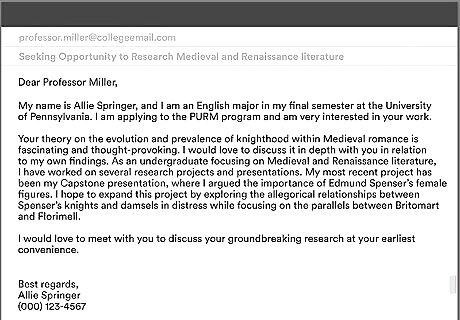
Dear Professor Green, My name is Allie Springer, and I am an English major in my final semester at the University of Pennsylvania. I am applying to the PURM program and am very interested in your work. Your theory on the evolution and prevalence of knighthood within Medieval romance is fascinating and thought-provoking. I would love to discuss it in depth with you in relation to my own findings. As an undergraduate focusing on Medieval and Renaissance literature, I have worked on several research projects and presentations. My most recent project has been my Capstone presentation, where I argued the importance of Edmund Spenser’s female figures. I hope to expand this project by exploring the allegorical relationships between Spenser’s knights and damsels in distress while focusing on the parallels between Britomart and Florimell.I would love to meet with you to discuss your groundbreaking research at your earliest convenience.Thank you,Allie Springer(000) 123-4567















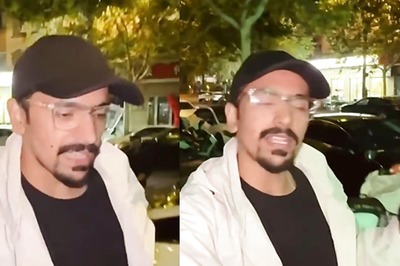
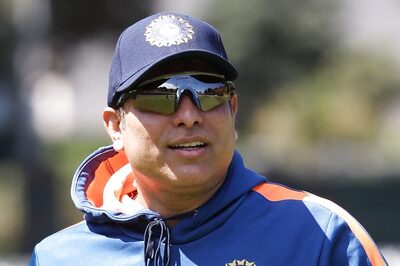

Comments
0 comment